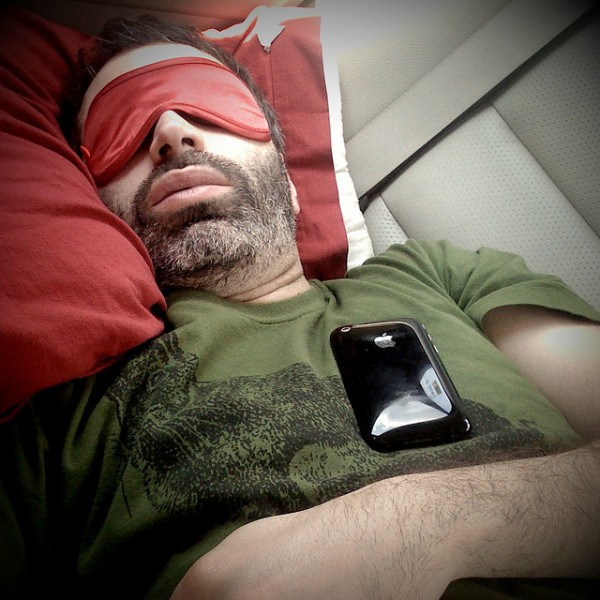FDA Approves Implant for Sleep Apnea

United States regulators have approved a first-of-its-kind upper-airway implant designed to treat obstructive sleep apnea.
Inspire Medical Systems, Inc. announced on Thursday that the U.S. Food and Drug Administration (FDA) has approved their unique Upper Airway Stimulation(UAS) therapy for the treatment of patients with moderate to severe obstructive sleep apnea.
According to the national sleep foundation, obstructive sleep apnea (OSA) is a disorder in which the breathing of a sleeping individual is briefly but repeatedly interrupted by unintentionally closing airways. For most people, such a condition leads to exhaustions, restless sleep, elevated stress levels, and mood and memory problems -- all adverse effects of restful sleep deprivation and oxygen starvation of the brain.
According to a company press release, the first-of-its-kind therapy involves the implantation of a small device that is designed to sense breathing patterns when a patients sleeps and then "delivers mild stimulation to key airway muscles. which keeps the airway open during sleep."
This is a wildly unique approach to treating a condition that is commonly treated through anatomy altering surgeries when weight loss and Continuous Positive Airways Pressure (CPAP) masks -- masks designed to deliver a constant flow of pressure down airways, keeping them open -- do not work.
CPAP masks are a proven and effective treatment option. However, they are bulky and impede on the comfort of a patient and their partner. In-fact, according to the Inspire release, past studies have shown that approximately half of all CPAP users do no consistently use it -- likely due to discomfort. This is one reasons that many OSA sufferers may prefer the implantable Inspire therapy system which only has one external piece -- a remote to turn the implant on and off.
Still, while the FDA approval means that this new implant option is effective and safe enough for primary use, it remains to be seen whether the device is more effective than CPAP. For now, the FDA has simply revealed that the therapy works well enough, resulting in a 68 percent reduction in sleep apnea events and a 70 percent reduction in oxygen deprivation during clinical trials.
The Inspire press release was published in May 1.
May 02, 2014 12:58 PM EDT





